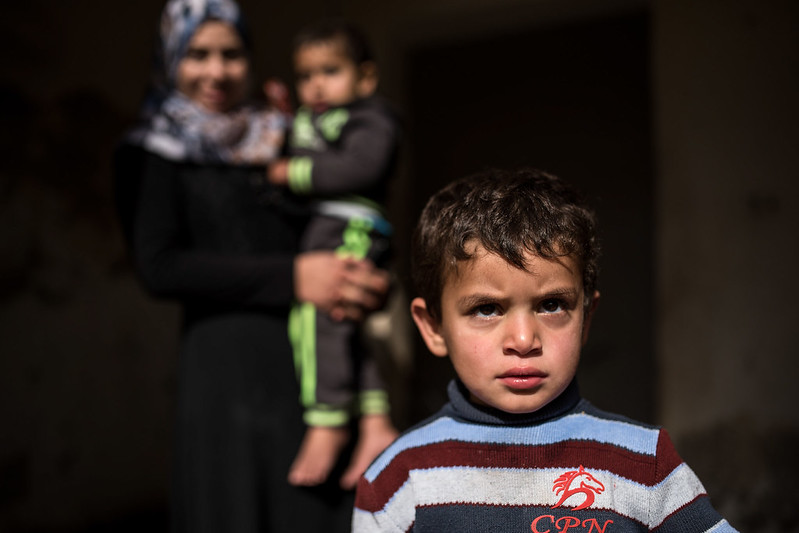Yep, you heard right folks.
May 4, 2023
Notes Wall is Particularly Important in Jordan Due to Drug Smuggling Problem
WASHINGTON—United States Senator Bill Hagerty (R-TN), a member of the Senate Foreign Relations Committee, today questioned Yael Lempert, President Biden’s nominee to be U.S. Ambassador to Jordan, about the importance of government funding for border security and border walls, given that the Fiscal Year 2023 Omnibus funding law provides at least $150 million for border security for Jordan, President Biden’s Fiscal Year 2024 budget request includes $110 million for border security for Jordan, and such U.S. taxpayer dollars have funded a border wall in Jordan. Nominee Lempert admitted that U.S. taxpayer funding for border walls and border security is important and effective to protect Jordanians, particularly from drug trafficking.
Biden nominee Lempert’s statement comes as drug overdose deaths in America have surpassed 100,000 per year, most from fentanyl coming across the U.S. southern border, and as the number of illegal border crossings since President Biden took office has exceeded five million. Yet, the President’s FY2024 budget request includes zero dollars for physical infrastructure for securing the U.S. border.
“The Omnibus last year provides for at least $150 million for border security in Jordan. It’s a large amount of taxpayer dollars. And if you think about the purpose of this, it’s to provide physical security to keep people from illegally crossing into Jordan, isn’t that correct?” Hagerty asked.

Biden Nominee Tells Hagerty She Supports U.S.-Funded Border Wall—in Jordan - Senator Bill Hagerty
Notes Wall is Particularly Important in Jordan Due to Drug Smuggling Problem WASHINGTON—United States Senator Bill Hagerty (R-TN), a member of the Senate Foreign Relations Committee, today questioned Yael Lempert, President Biden’s nominee to be U.S. Ambassador to Jordan, about the importance of...
 www.hagerty.senate.gov
www.hagerty.senate.gov





/cloudfront-us-east-2.images.arcpublishing.com/reuters/TX65AGX2PJOSLF4FYRVC7TJCLM.jpg)